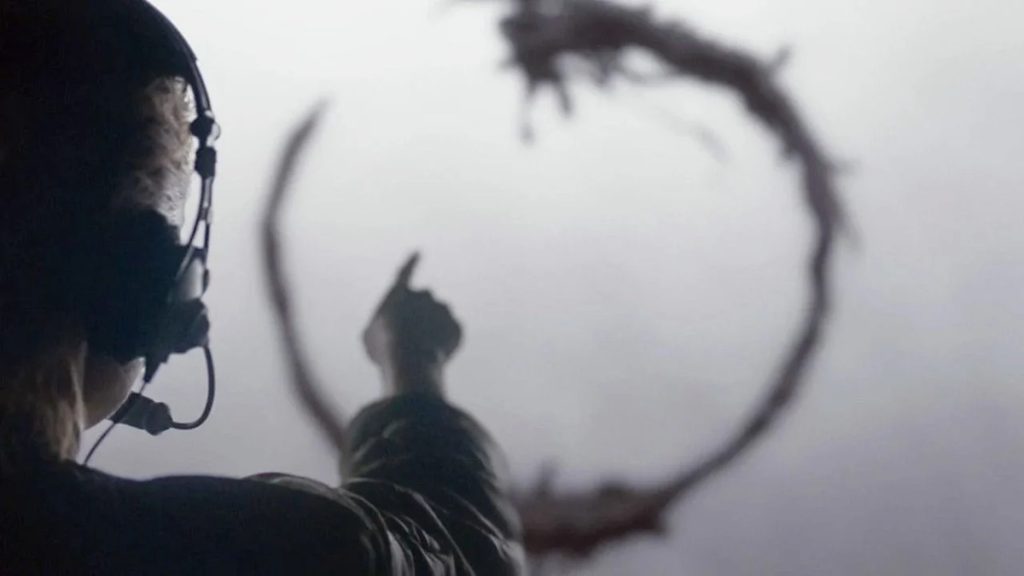Long before Denis Villeneuve brought us into the gritty neon haze of Blade Runner 2049 or the sprawling sands of Dune, he quietly delivered a film that’s now considered one of the most thoughtful sci-fi stories of the last decade. Currently streaming on Netflix, Arrival is leaving viewers stunned with its slow-burning intensity and deep philosophical core.
Based on Ted Chiang’s short story Story of Your Life, the film explores how language might shape not only our communication but the very way we think—and even how we perceive time itself. And while it has all the trappings of a first-contact alien thriller, what unfolds is far more human than it first appears.
What is Arrival really about?
The plot kicks off with twelve mysterious spacecraft landing at various points across the globe. In the U.S., the military recruits linguist Louise Banks (played by Amy Adams) to try and decode the messages being sent by the alien visitors. She’s joined by theoretical physicist Ian Donnelly (Jeremy Renner), and together they try to make sense of the visitors’ circular, cryptic language.
As global tension rises and governments teeter on the edge of war, Louise’s race to understand the true purpose of the aliens’ arrival becomes a race to save humanity. But the answers she finds don’t come in the form of explosions or interstellar threats. They come from within—through a transformation that changes her perception of time, love, and loss.

A sci-fi film that dares to slow down
What sets Arrival apart is its quiet confidence. There are no massive space battles, no sleek laser weapons. Instead, we get a haunting score, a carefully paced narrative, and breathtaking visual design. Villeneuve takes his time, asking viewers to slow down and think about how communication—and misunderstanding—shapes our world.
The aliens, dubbed heptapods, use a written language of inky circular glyphs that reflect their nonlinear view of time. This concept draws from the Sapir-Whorf hypothesis, a real-world linguistic theory suggesting that the structure of a language influences its speaker’s cognition and worldview. As Louise learns the heptapods’ language, she begins to see time differently, experiencing moments from her past and future as if they were happening all at once.
A serious story with a lighter set
Despite the film’s heavy themes, things weren’t always so serious behind the scenes. During a TV interview, Amy Adams shared a funny memory from set involving Villeneuve’s French-Canadian accent. During a take, he tried to direct her with the phrase “I’m going to take you from behind”—meaning, of course, with the camera angle. She and Renner burst out laughing, with Renner chiming in later to tease Villeneuve’s pronunciation of “focus,” which came out sounding like a completely different (and very inappropriate) phrase.
It’s these moments of levity that contrast beautifully with the film’s introspective tone. Behind the sci-fi concepts and emotional gravity, there was still room for laughter on set.
Why Arrival continues to resonate
Arrival isn’t just about aliens. It’s about grief, understanding, and the courage it takes to choose a future—especially when you know the pain it might bring. It’s rare for a sci-fi movie to ask such big questions so quietly and elegantly. But that’s exactly why it’s finding new life on Netflix—and why so many people are discovering, or rediscovering, this cinematic gem.
Whether you’re a fan of smart science fiction or just want a film that will stay with you long after the credits roll, Arrival is worth your time. And with its current buzz online, now is the perfect moment to experience this modern classic.



